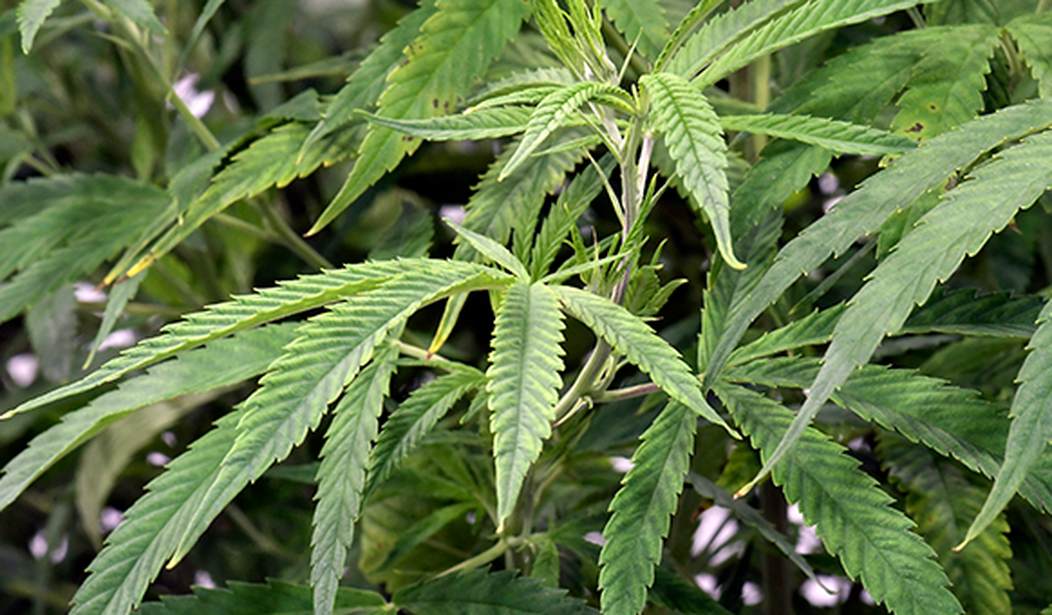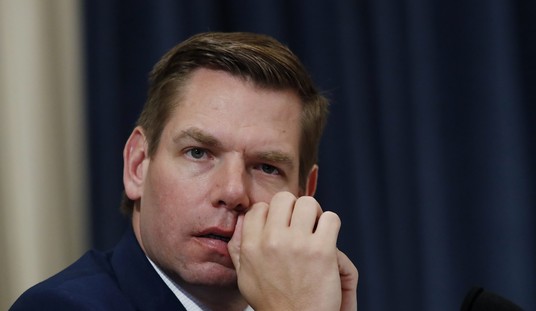As both parties are campaigning hard to gain the upper hand in the upcoming midterm elections, there is one issue they are both ignoring. Oddly enough, it is an issue that could potentially pay off in dividends for the party who chooses to take it up. Congress has a prime opportunity to pass legislation legalizing marijuana at the federal level. While lawmakers from both sides of the aisle have advocated for such legislation, it appears the legislature has little to no interest in addressing this issue.
For people who claim to care so much about racial equity, the Democrats, for their part, have not dealt with marijuana despite constantly pointing out that laws against the drug disproportionately impact people of color.
Politico reports that in 2020, Sen. Majority Leader Chuck Schumer (D-NY) declared that he was “going to do everything” he could to “end the federal prohibition on marijuana,” if his party won the Senate. However, it appears that Democrats have no intention of keeping that promise.
This week offered the most dramatic example yet of Democrats’ inability to make any progress on their cannabis promises: The new government spending package released on Wednesday continues to prohibit Washington, D.C. from establishing a cannabis marketplace, more than seven years after District voters overwhelmingly backed legalization.
The report also pointed out that the spending bill did not even offer protections for state-regulated cannabis markets or veterans who use marijuana. These are issues that have bipartisan support.
“I’m very frustrated and really disappointed,” said Rep. Lou Correa (D-CA). “Polling in this country is off the charts that people want to normalize the use of cannabis … So what’s the hang up?”
Democrats have been debating how the legalization of marijuana should proceed, with some arguing for gradual changes and others insisting that a complete overhaul is needed. Left-leaning lawmakers continue to claim they will make significant changes to marijuana policy by the end of 2022, but no legislative proposals have yet been introduced. “Schumer said last month that he hopes to introduce it in April, though time is running out for passing such a substantial bill before the end of 2022,” according to Politico.
The fact that Democrats have failed to pass meaningful legislation while they have had control of Congress is not lost on American voters. Republicans have enjoyed a significant lead in the polls related to who voters would support in November. Moreover, more than half of GOP lawmakers would likely support a measure legalizing marijuana, which could mean a slam dunk for Democrats if they decided to push the matter. It still might not be enough to save them from the shellacking they are set to receive later this year, but right now, Democrats need all the victories they can muster.
On the other hand, if GOP legislators jump on the issue, it could also be extremely beneficial for solidifying their expected midterm victories. In 2020, a poll showed that 54 percent of Republican voters supported the idea of legalizing cannabis. Others have delivered similar results. This would mean that GOP lawmakers could support this type of legislation without worrying about their constituents punishing them at the polls. Indeed, it is likely that even Republican voters who oppose the idea are not passionate enough in their belief that marijuana should remain illegal to take a major issue with it.
If the GOP were to take up the mantle and lead the charge on marijuana, it would do two things. Firstly, it would take the initiative from the Democrats and deprive them of a victory even if they supported the proposal. If such a bill were to pass, Republicans would get the credit for taking the lead on it, which could bolster their support in November. Conversely, if Democrats refuse to take up the proposal, or vote against it, it would show the nation they are more concerned with politics than actually helping people of color who they claim are victims of the War on Drugs.
Sure, the legalization of marijuana isn’t exactly a top-priority, kitchen table issue. Right now, most Americans are concerned about the economy, education, healthcare, and the ongoing crisis in Ukraine. But that does not change the fact that there would be no real downside to the party that addresses the matter. The question is: Will either party see the opportunity here?














